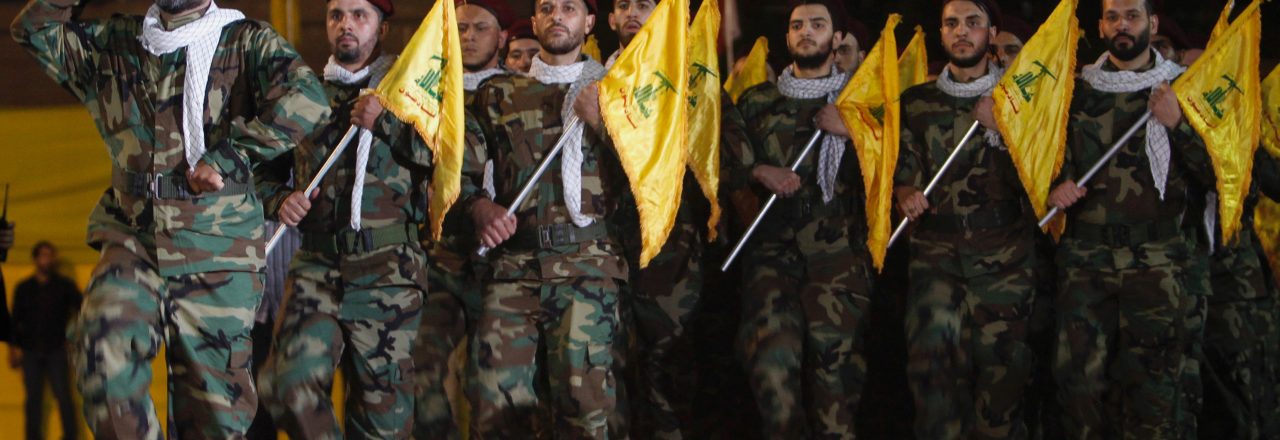
Tension rises between Israel and Lebanon after Israeli drone operations in Beirut and Beqaa
On 26 August, Israeli airstrikes on Beqaa Valley’s town of Qusaya (close to the Lebanese-Syrian border) targeted the “Popular Front for the Liberation of Palestine-General Command”, without causing any injuries, according to Lebanese authorities. The attacks came one day after Lebanon blamed Israel for two foreign drones crashed in the Hezbollah-controlled southern suburbs of Beirut.. Lebanese President Michael Aoun declared that Lebanon considers what happened as a “declaration of war” and Prime Minister Saad Hariri condemned the fact as an attack to Lebanese sovereignty, but also assured that he wants to avoid escalation. In the Defence High Council meeting of 27 August, Hariri declared that the Lebanese people have now the right to defend themselves, paving the way for an eventual response from Hezbollah. The organization strongly condemned what happened and its leader, Hassan Nasrallah, declared that “Hezbollah will not allow such an aggression”. On 29 August, the UN Security Council decided to extend the mandate of the UN Interim Force in Lebanon (UNIFIL) for another year and urged all parties to “respect the cessation of hostilities, to prevent any violation of the Blue Line and to respect it in its entirety, and to cooperate fully with the United Nations and UNIFIL”. However, on 1 September clashes continued between Israel and Hezbollah on the border, which led to divergent reactions from the international community: the US endorsed Israel’s right to self-defence while France called for calm and the end of tensions. In the last days, Israel has also been accused of being responsible for other airstrikes in Iraq and Syria targeting Iran-allied forces. Reacting to these new tensions in the region, a spokesperson of the EU stated that “the European Union continues to support Lebanon‘s stability, security and sovereignty and expects all parties to fully abide by the relevant UN Security Council Resolutions, in particular UNSCR 1701 and 1559”.
- The Euromed news are edited by the team of the Euro-Mediterranean Policies Department of the European Institute of the Mediterranean -


